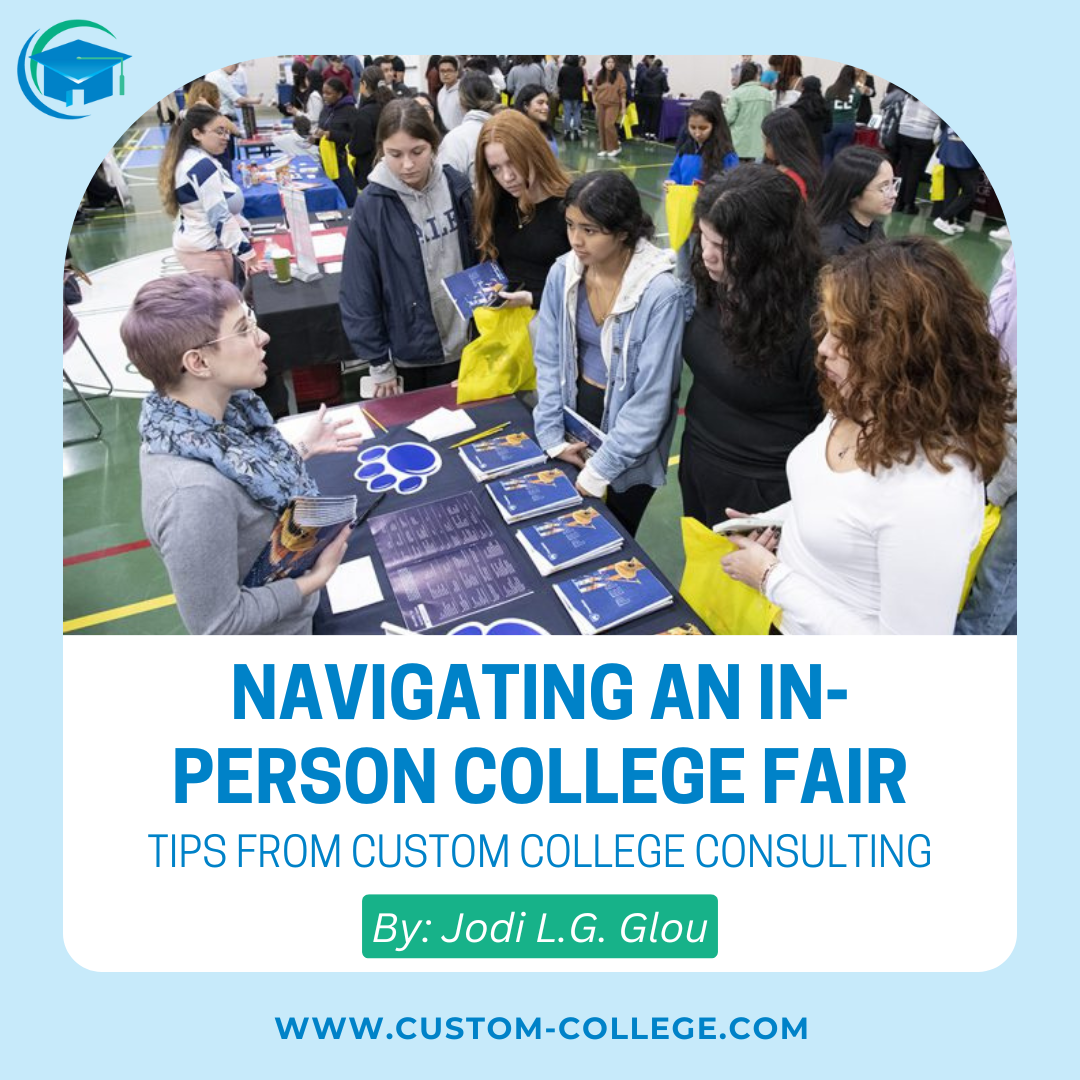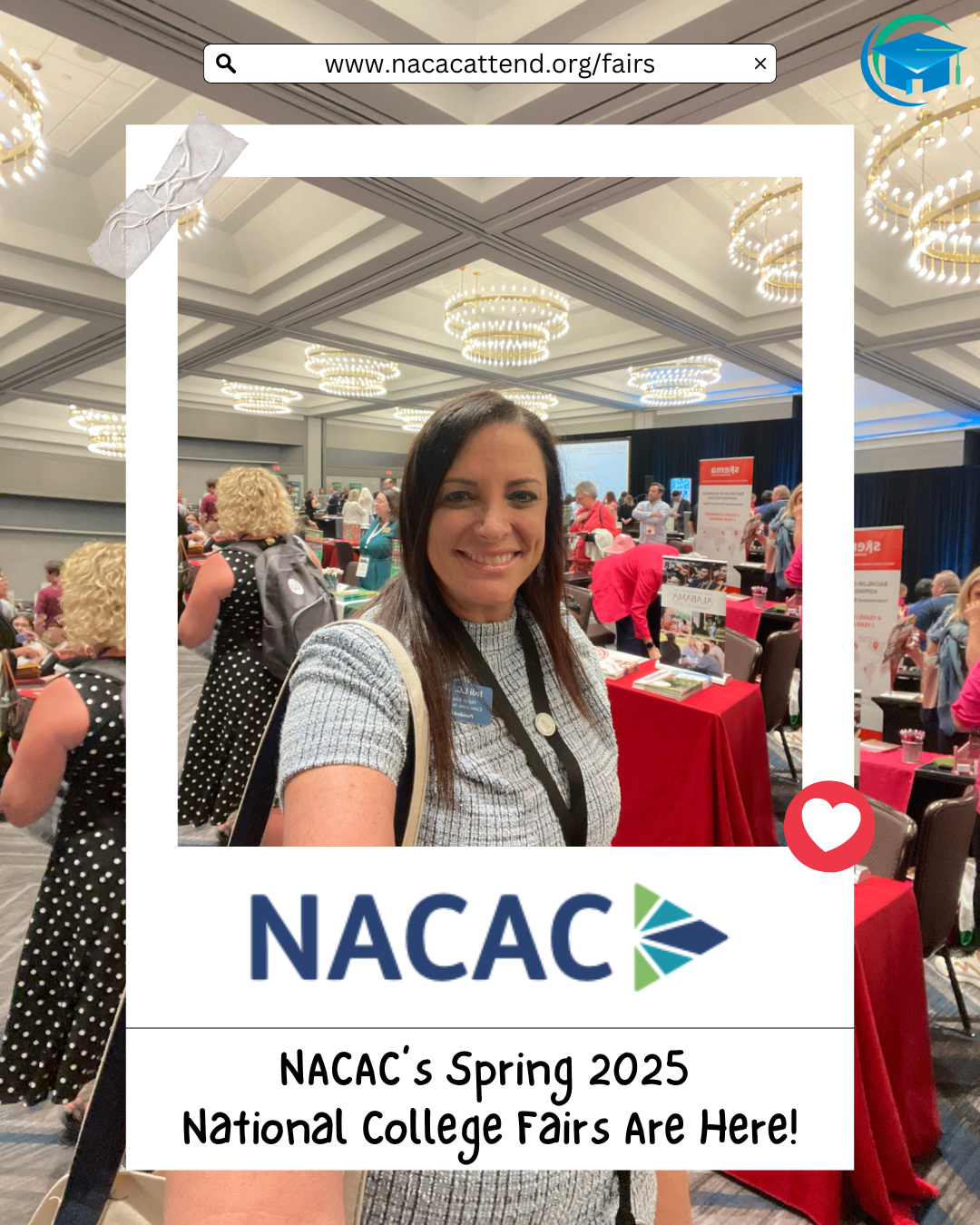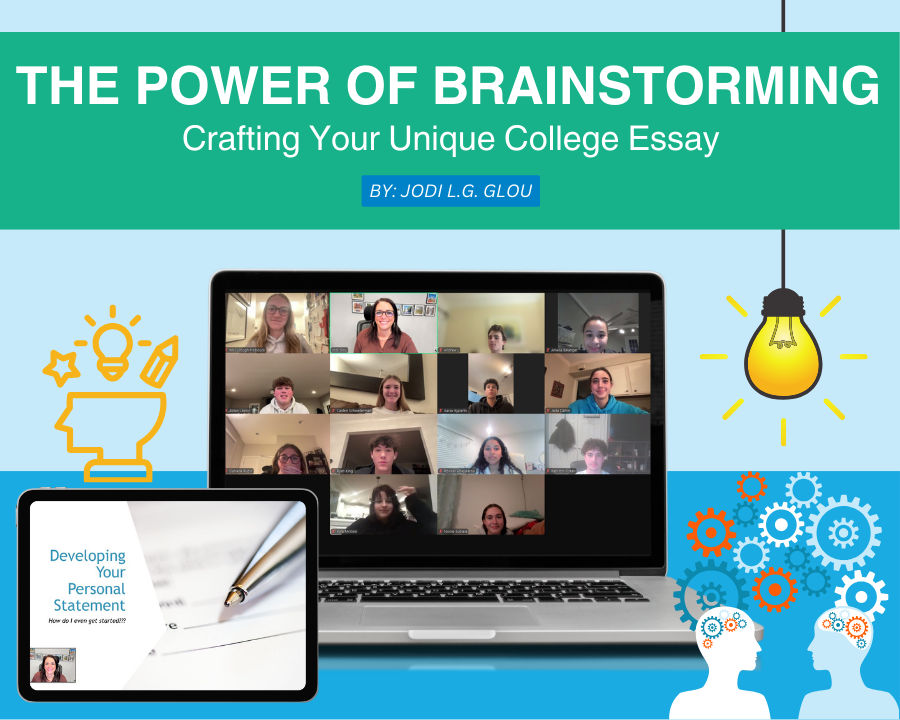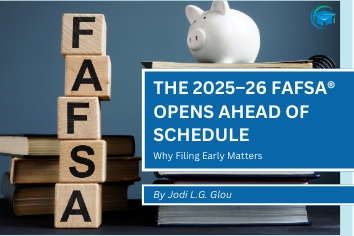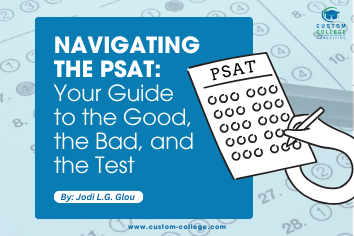Crafting a Path to Success: A Roadmap to Finding the Perfect College Match
One of the most significant decisions a young adult makes in their life is choosing the right college for their higher education journey. This choice is more than just picking a place to earn a degree; it's a decision that will shape their academic, personal, and professional growth. Finding the right college is a deeply personal one, and it's essential to consider multiple factors to ensure a perfect fit as it sets the stage for a fulfilling and successful future.
Academic Fit
One of the primary considerations when choosing a college is its academic offerings. A student's career aspirations and academic interests should match the programs and majors offered by the college. When a student is in an environment that aligns with their academic goals, they are more likely to be engaged, motivated, and successful. Moreover, strong programs often offer opportunities for research, internships, and networking that can be instrumental in building a successful career.
Personal Growth and Well-being
College is not just about academics; it's also a time for individual growth and self-discovery. Consider factors like campus culture, size, location, and extracurricular activities. A comfortable and supportive environment can lead to improved mental and emotional well-being, positively affecting a student's overall college experience.
Location and Campus
The location of the college plays a significant role in a student's overall experience. Some students thrive in bustling city environments, while others prefer the tranquility of a rural campus. Proximity to home, climate, and cultural surroundings are also crucial factors to consider.
Financial Considerations
Higher education is an investment, and it's essential to consider the financial aspect when choosing a college. Tuition, room and board, and potential financial aid opportunities should be carefully evaluated. Look for scholarships, grants, and work-study programs that can ease the financial burden. Consider the return on investment (ROI) in terms of future earning potential and job prospects.
Support Systems
A student's success in college can be greatly influenced by the support systems available. Be sure to research what academic support services, counseling, and mentorship programs colleges offer. These resources can make a significant difference in a student’s academic and personal development.
Career Services
Ultimately, college is a stepping stone to your career. A college with robust career services, internships, and co-op programs can significantly enhance a student’s employability and job prospects. Investigate the college's job placement rates and the types of companies that actively recruit on campus.
Choosing the best-fit college is a decision that should not be taken lightly. It requires thoughtful consideration of your academic, personal, and career goals, as well as your financial situation. By thoroughly researching and evaluating options, a student will ensure that the college they choose aligns with their aspirations and sets them on the path to a successful higher education journey.

